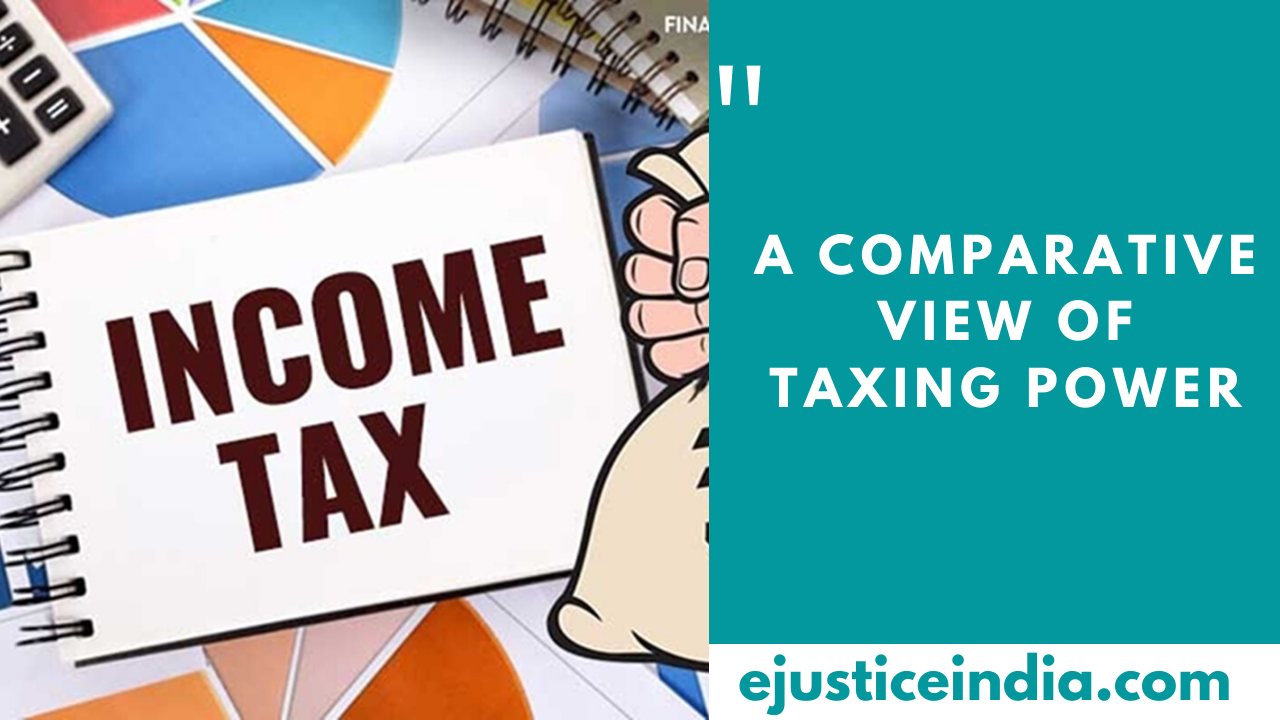Reform in Income tax – Faceless Tax Assessment
Author : Sonu Arvind Chaturvedi
Introduction:
On First day of April, 1962 Income tax Act, 1962 was enacted for regulating Direct and Indirect taxes in India. Henceforth we all have witnessed major reforms in Income Tax Act time to time as per need of hour. From Manual ITR filing to Online to introduction to Goods and Service Tax Act (GST) which came into force on First day of July, 2017.
But the problem of complexity remains the same, tedious paper work and procedure always acted as pain for tax payers. Hence on Thirteenth day of August, 2020; our honourable Prime Minister Shree Narendra Damodardas Modi announced Faceless Tax Assessment at ease for tax payers.
Union Home Minister – Shree Amit Shah of current ruling party of Government tweeted, “Reforms for a New India! He further stated that, “Launching of ‘Transparent Taxation- Honouring the Honest’ is a gift to our taxpayers by PM.” This reforms include with
- Faceless Assessment,
- Faceless Appeal &
- Strengthening Taxations law
Which is throwing light on purpose of enacting this fruitful reforms.
Moving further, let me list down Key Takeaway
It was observed that out of 130 crore of population only 1.5 crore of Assesse are paying their tax duly. Hence they are honest Tax payer and deserve painless experience of paying tax. As Tax is one of the biggest source of revenue for Government to perform their job.
Henceforth efforts will be taken to enhance ambit of tax hence ‘Purchase of Jewellery’ and Hotel bills over and above Rs. One Lakh and Rs. Twenty Thousand respectively will come under Income Tax Scanner. Purpose behind monitoring this transaction is to catch hold tax evaders.
What is Faceless Assessment?
As name suggest it is assessment of tax without Human interference so in other word it mean digitally and not only that but it also aims at creating Transparent Tax process to avoid confusions and fraudulent activities.
What is Tax Assessment?
For those who are not aware of Income Tax Act’s Technical terms, in simple terms Assessment is scrutiny of Amount which you are liable to pay to government and Income Tax Act, 1961 provided for Seven Types of assessment depending upon situation. To know more about it one can check out the same on by clicking on this link https://www.legalraasta.com/itr/income-tax-assessment/
What Finance Minister Nirmala Sitharaman has to says about this?
She highlighted the below mentioned facts:
- The faceless tax scrutiny assessment and appeal would help in easing compliance burden of taxpayers.
- Increase fairness and objectivity in the tax system.
- Easy compliance.
- It will empower just and fair system.
- No physical interface between the department and the taxpayer.
- Certainty in Information to the extent possible.
- Curb corruption by way of emphasizing on fairness and transparency.
Note: Reforms will be applicable with effect from Twenty Fifth day of September, 2020
Features of the Faceless Assessment Scheme:
- Tax payer will get selected exclusively through system using data analytics and AI (Artificial Intelligence)
- Provision of Territorial Jurisdiction will be abolished henceforth.
- Cases will be allocated through an automated process.
- Central issuance of notices with Document Identification No. (DIN) [ No separate producer require for applying unique alpha numeric code – DIN]
- No physical interface will be required with income tax officer as no need to visit income tax office.
- Assessment and reviews will be based of Teams.
- Enabling Central issuance of notice along with DIN and removal of territorial jurisdiction will enable draft assessment order in one city, review in another city and finalisation in third city (PAN India basis)
Is there any exceptions to this?
Simply we being Second most populated country cannot make uniform laws for all hence exceptions exist and applicability of new reform will not be made available to following cases relating to:
- Serious frauds, major tax evasion, sensitive & search matters
- International tax
- Black Money Act and Benami Property
Apart from above mentioned cases rest elsewhere reforms will be applied on mentioned date.
Sum it up:
Ease of complexity is first step towards welcoming the more and more participation of Tax payers so that IT department can collect tax from other eligible person liable to pay tax but not contributing or concealing his/her Actual income.
“This reform will definitely act as relief for Tax payers in terms of Compliances”


